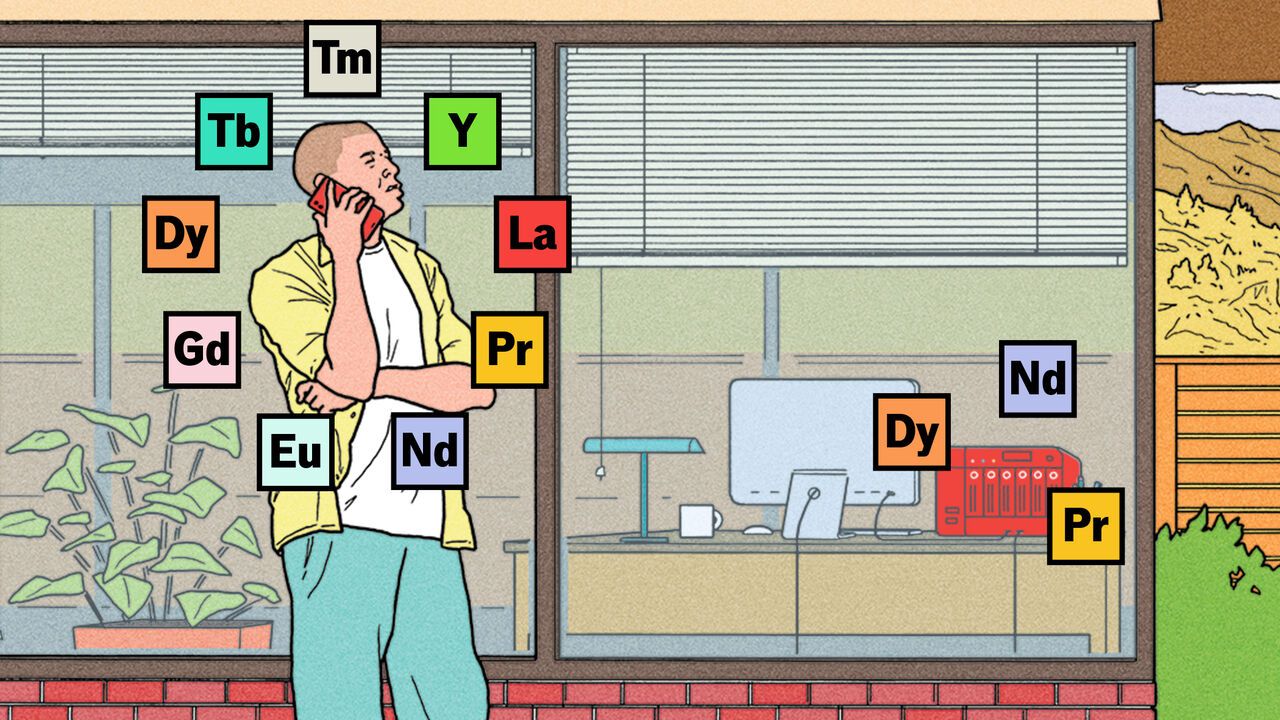Articles in this Cluster
22-08-2025
The U.S. and EU have reached a framework trade agreement that aims to facilitate trade negotiations between the two entities. The pact includes commitments to reduce tariffs on various goods, including European cars, pharmaceuticals, and American industrial exports. The agreement also covers energy purchases and EU investments, with the EU pledging to buy at least $40 billion worth of U.S. AI chips. The deal is expected to benefit key industries such as cars and pharmaceuticals, but may face pushback from some EU member states.
Entities: U.S., EU, European Union, Trump administration, President Trump • Tone: neutral • Sentiment: positive • Intent: inform
22-08-2025
European markets are expected to open lower on Friday as investors assess the EU-US trade deal. The deal, announced last month, involves the EU spending $750 billion on US energy and investing $600 billion in the US, with tariffs on EU goods capped at 15%. The deal's details, revealed on Thursday, alleviated some concerns about tariffs on pharmaceuticals, but automotive stocks fell due to the conditional nature of lower tariffs. European investors will be watching economic data releases on Friday, including French business confidence, German GDP, and UK consumer confidence.
Entities: Europe, FTSE 100, DAX, European Union, America • Tone: neutral • Sentiment: neutral • Intent: inform
22-08-2025
The article discusses the decline of the US National Climate Assessment due to the Trump administration's cuts to climate research and the impact of climate change on the economy. The US government's efforts to downplay climate change are having a negative impact on the environment, economy, and public health. The article highlights the importance of climate research and the need for continued investment in this area.
Entities: America, Barack Obama, China, Europe, Taiwan • Tone: negative • Sentiment: negative • Intent: inform
22-08-2025
The article discusses how Europe's hard right is challenging the continent's climate consensus, with some politicians using arguments that downplay the impact of individual countries' emissions on global climate change. The article highlights statements from politicians like Friedrich Merz, Germany's chancellor, and Nigel Farage, leader of Reform UK, who question the effectiveness of climate actions such as transitioning to renewable energy sources. This shift is described as 'the humbling of green Europe,' indicating a significant change in the political landscape regarding climate policies.
Entities: Europe, Germany, Friedrich Merz, Nigel Farage, Reform UK • Tone: analytical • Sentiment: negative • Intent: inform
